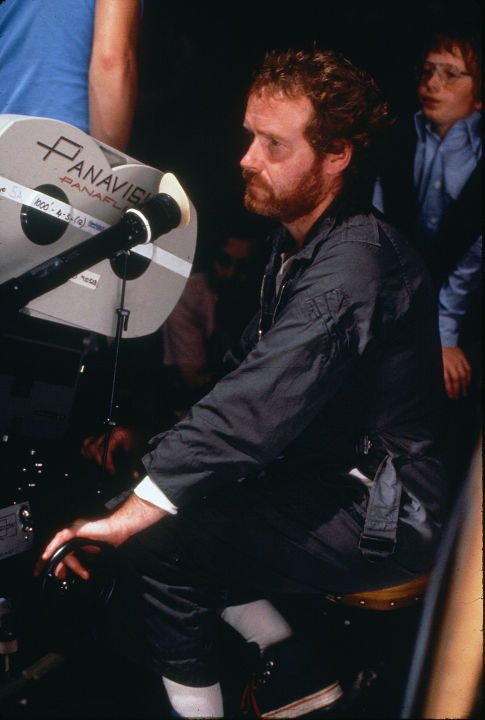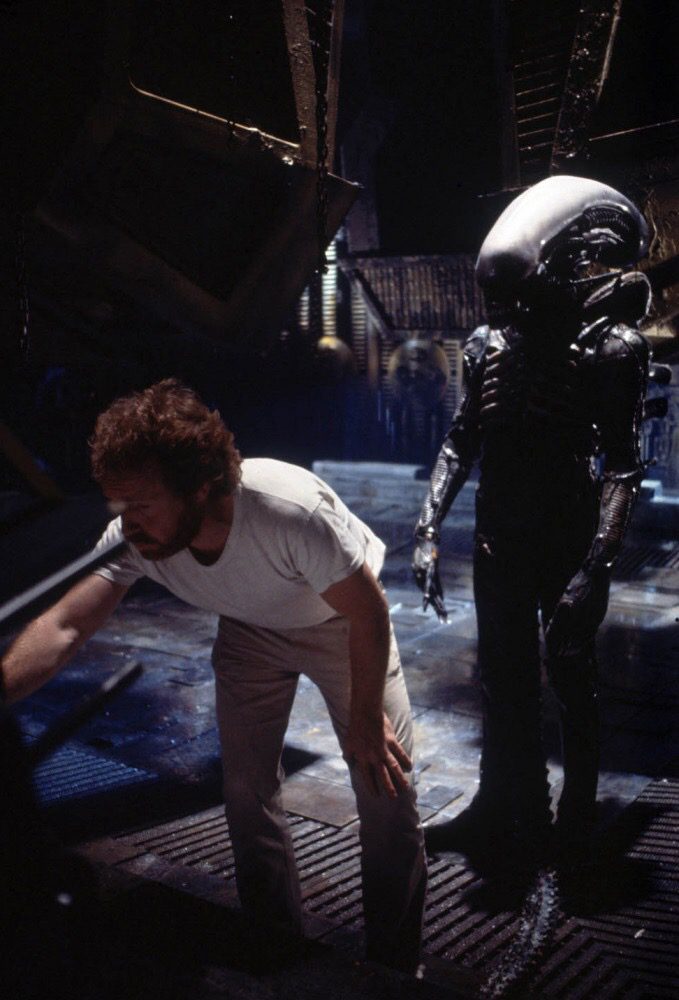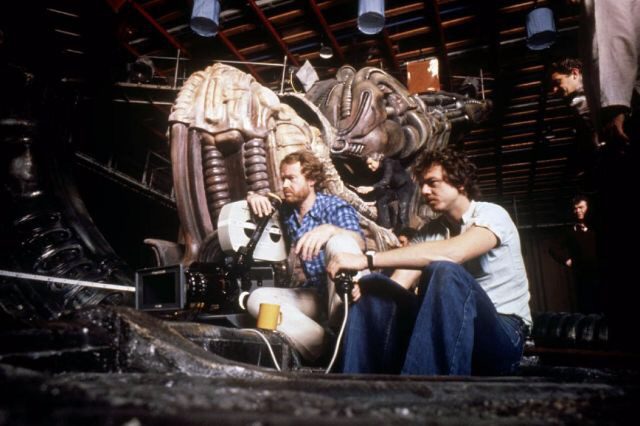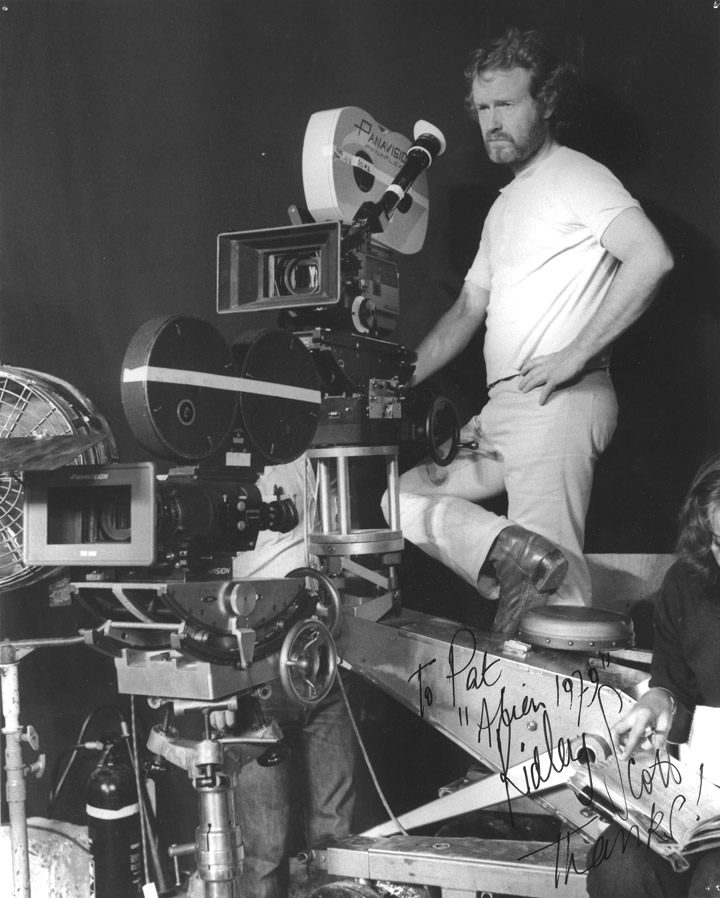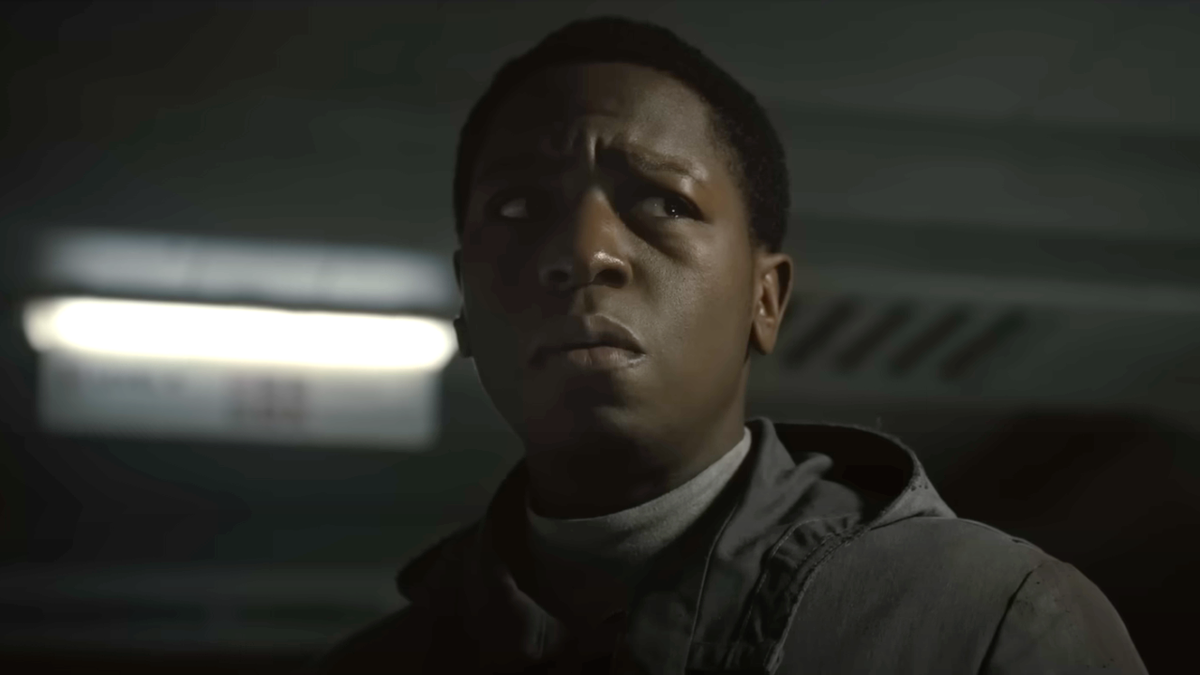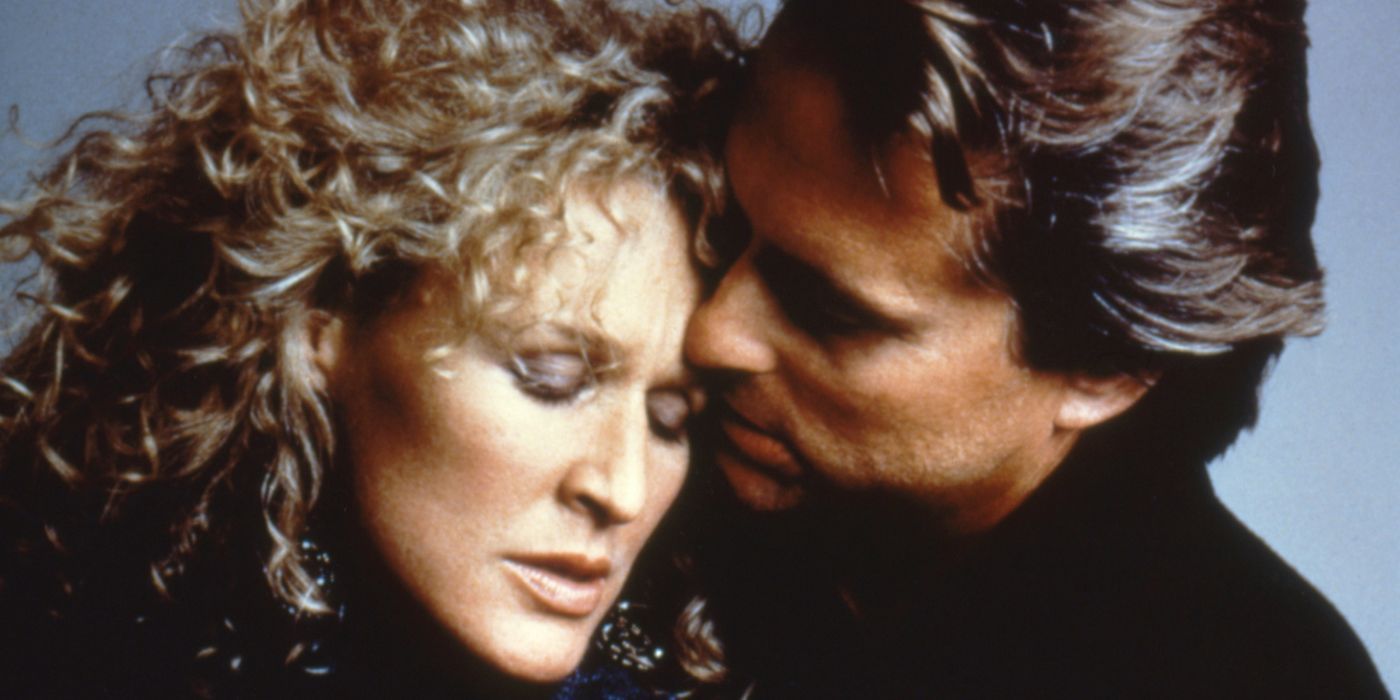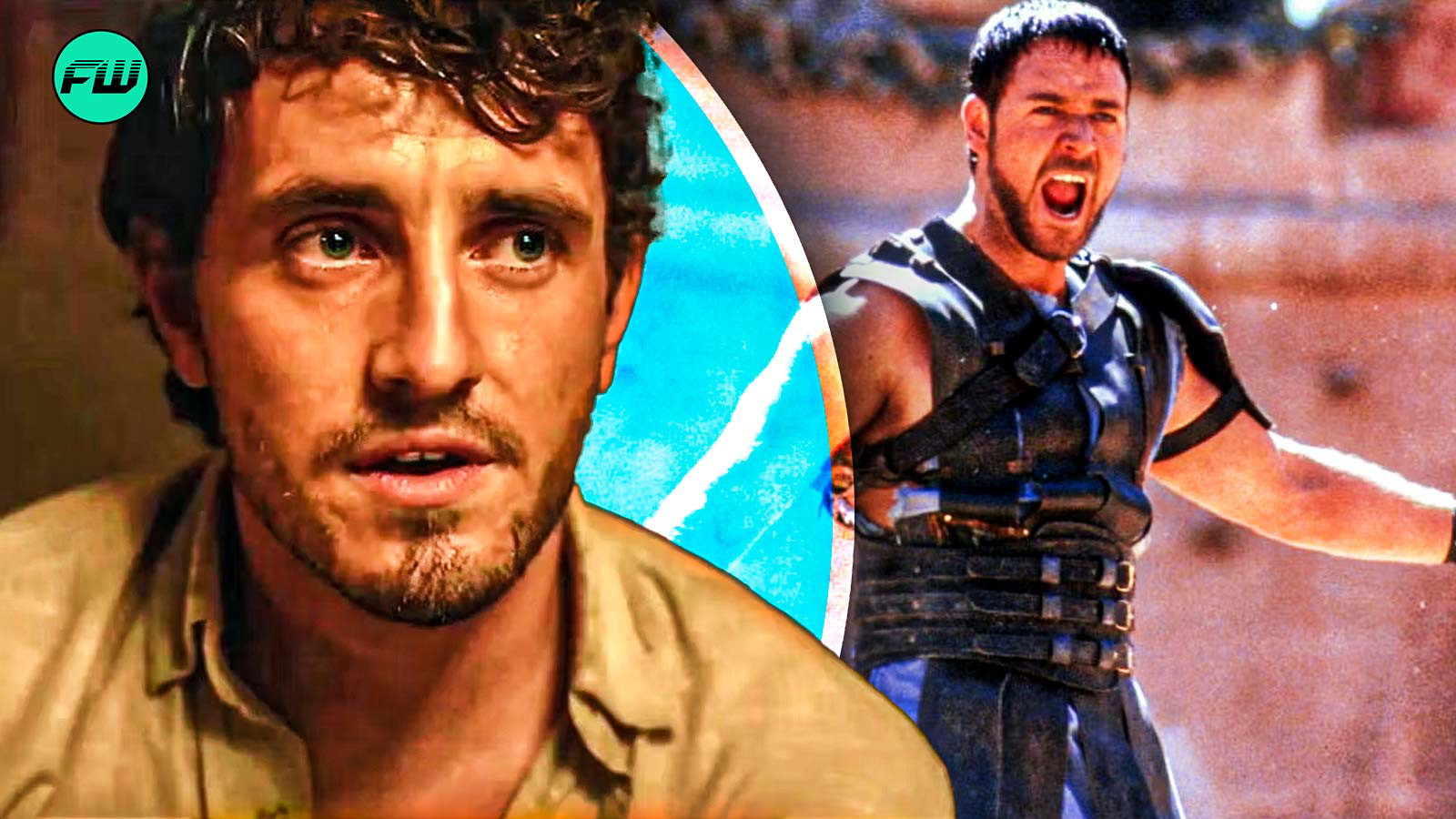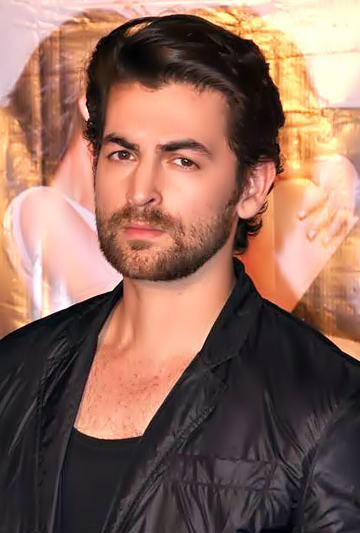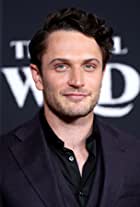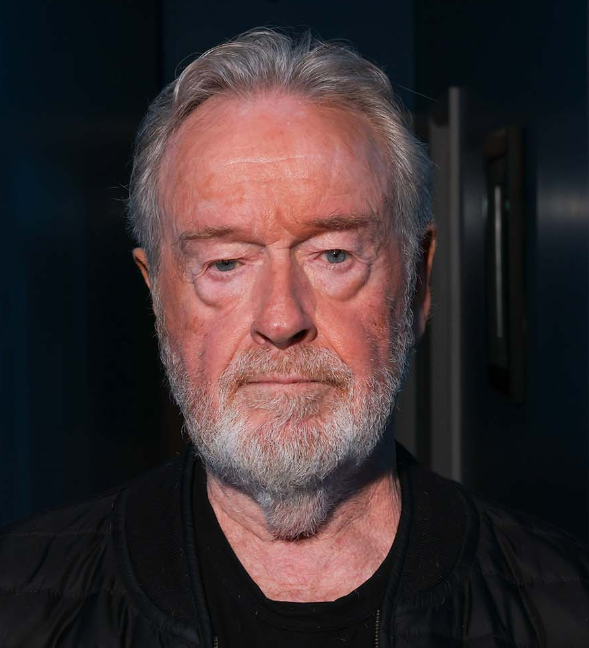
Ridley Scott
Birthdate: Nov 30, 1937
Birthplace: South Shields, County Durham, England, UK
Ridley Scott is one of the pre-eminent big-budget filmmakers in English, known for working on a grand scale in a wide range of genres, from science fiction to historical epics.
Scott developed his pictorial visual style in TV commercial direction until he debuted with one of his best features, the period drama The Duellists (1977), starring Harvey Keitel, Keith Carradine, Albert Finney, Edward Fox, and Stacy Keach, and premiering at the Cannes film festival (where it won the Camera d’Or).
Scott’s stunning follow-up foretold the general pattern of his career—alternating genres from project to project—with his groundbreaking sci-fi/horror/thriller, Alien (1979), written by Dan O’Bannon and starring Sigourney Weaver, Tom Skerritt, Veronica Cartwright, Harry Dean Stanton, John Hurt, Yaphet Kotto, and John Hurt; the movie’s powerful $185 million gross spawned an enduring franchise of seven sequels, crossovers, and two prequels, both directed by Scott: Prometheus (2012), starring Noomi Rapace, Michael Fassbender, Charlize Theron, Guy Pearce, and Idris Elba; and Alien: Covenant (2017), starring Fassbender, Demian Bichir, Katherine Waterston, Billy Crudup, and Danny McBride. Ridley Scott followed with what remains his most beloved and iconic movie,
Blade Runner (1982), works with a highly complex production and release history (and with as many as four different versions, including an advertised 1992 “director’s cut” and a Scott-approved “final cut” version released in 2007) and the most influential sci-fi movie since Stanley Kubrick’s 2001: A Space Odyssey (1968), starring Harrison Ford, Rutger Hauer, Sean Young, and Edward James Olmos, and realizing a profit after several decades in post-theatrical release.
Scott opted for the fantasy genre next with the Brothers Grimm-inspired Legend (1985), his second feature in a row that exists in multiple versions (each with a different ending!), and starring Tom Cruise, Mia Sara, and Tim Curry. The police thriller was Scott’s next genre choice for the commercially disappointing though visually rich Someone to Watch Over Me (1987), with Tom Berenger, Mimi Rogers, and Lorraine Bracco. Scott joined star Michael Douglas for the Japan-based actioner, Black Rain (1989), with Andy Garcia, Ken Takakura, and Kate Capshaw, which proved Scott’s best box-office performance since Alien with a $134-plus-million global gross.
Ridley Scott catapulted his directorial career with a movie that became a social phenomenon and the definitive feminist epic of that era--Thelma & Louise (1991)—written by (Oscar-winning) Callie Khouri and co-starring Susan Sarandon, Geena Davis, Harvey Keitel, and (in his breakthrough) Brad Pitt, and earning six Oscar nominations and over $45 million gross after premiering at the Cannes film festival.
Scott returned to the historical epic with his (and writer Roselyne Bosch’s) take on Christopher Columbus’s New World invasion, 1492: Conquest of Paradise (1992), with Gérard Depardieu, Armand Assante, and Sigourney Weaver, but which underperformed with only a $59 million gross. Scott stayed on the water but in the survival adventure genre for White Squall (1996), one of Scott’s poorest-grossing movies ($10 million) starring Jeff Bridges, Caroline Goodall, John Savage, Scott Wolf, Jeremy Sisto, and Balthazar Getty.
Scott had one of his rare back-to-back box-office failures with the poorly-received military drama, G.I. Jane (1997), starring Demi Moore, Viggo Mortensen, and Anne Bancroft and earning only $48 million on a $50 million budget. Ridley Scott bounced back with one of his most universally acclaimed movies, Gladiator (2000), starring Russell Crowe in his star-making (and Oscar-winning) role, with Joaquin Phoenix, Connie Nielsen, Oliver Reed, Derek Jacobi, Djimon Hounsou, and Richard Harris, and amassing five Oscars (including best picture), and earning over $503 million globally.
Scott continued his box-office run with his only sequel to a movie he didn’t originate with Hannibal (2001), co-written by David Mamet and Steven Zaillian, and starring Anthony Hopkins as Hannibal Lecter, Julianne Moore (taking over the Clarice role from Jodie Foster in 1990s The Silence of the Lambs), Ray Liotta, Frankie R. Faison, Giancarlo Giannini, and Gary Oldman, and earning $352 million worldwide. Black Hawk Down (2001), based on Mark Bowden’s non-fiction military saga, proved to be Scott’s second success in a single year, with a cast including Josh Hartnett, Eric Bana, Ewan McGregor, Tom Sizemore, William Fichtner, and Sam Shepard and a $173 million global gross.
Ridley Scott directed and co-produced his first black comedy Matchstick Men (2003), starring Nicolas Cage, Sam Rockwell, Alison Lohman, and Bruce McGill, earning good reviews but underperforming box office with a $65 million (on a $65 million budget) for distributor Warner Bros. Scott returned to the historical epic genre with The Crusades-set Kingdom of Heaven (2005), on which he was director and sole producer overseeing a cast including Orlando Bloom, Eva Green, Jeremy Irons, Liam Neeson, David Thewlis, Brendan Gleeson, and Marton Czokas, and which grossed $218 million worldwide.
Scott’s first rom-com, A Good Year (2006), marked his reunion with Russell Crowe, Albert Finney, Marion Cotillard, and Tom Hollander, followed by a characteristic genre swing for Scott with his very well-received true-story crime movie, American Gangster (2007), the third Scott movie starring Crowe, with Denzel Washington, Chiwetel Ejiofor, Ruby Dee (earning an Oscar nomination), Cuba Gooding Jr., Josh Brolin, Ted Levine, Armand Assante, John Hawkes, and RZA, and grossing $266.5 million globally.
Ridley Scott and Crowe collaborated on their third movie in a row with the spy thriller, Body of Lies (2008), starring Leonardo DiCaprio, Mark Strong, Golshifteh Farahani, and Oscar Isaac, while earning a good $118 million worldwide gross. The Scott-Crowe collaboration continued with a high-octane version of Robin Hood (2010), written by Brian Helgeland, and with a starry cast of Cate Blanchett, William Hurt, Mark Strong, Mark Addy, Oscar Isaac, Danny Huston, Eileen Atkins, and Max von Sydow, premiering at the Cannes film festival before grossing $322 million.
As director and co-producer, Scott took on Cormac McCarthy’s ultra-twisted crime tale, The Counselor (2013), starring Michael Fassbender, Penelope Cruz, Cameron Diz, Javier Bardem, and Brad Pitt, and premiering at the Morelia film festival before earning a $71 million gross. Ridley Scott jumped into the deep waters of the Biblical epic genre with Exodus: Gods and Kings (2014), with Christian Bale (as Moses), Joel Edgerton, John Turturro, Aaron Paul, Ben Mendelsohn, Sigourney Weaver, and Ben Kingsley, but demoted by less-than-stellar reviews and disappointing ($268 million) box office.
Scott rebounded with one of his most triumphant productions, his witty yet gripping version of Andy Weir’s bestseller, The Martian (2015), starring Matt Damon, Jessica Chastain, Kristen Wiig, Jeff Daniels, and Chiwetel Ejiofor, and which launched at the Toronto film festival and gained seven Oscar nominations (including best picture), before earning a knockout $630 million gross. Scott opted for his second true-crime saga with a striking version of the Getty kidnapping scandal, All the Money in the World (2017), starring Michelle Williams, the Oscar-nominated Christopher Plummer (replacing the scandal-plagued Kevin Spacey), Mark Wahlberg, and Romain Duris, and grossing $57 million.
Once again shifting genres, Ridley Scott returned to the Middle Ages for the unusually structured saga, The Last Duel (2021), co-written by Nicole Holofcener and co-stars/producers Damon and Ben Affleck (adapting Eric Jager’s history book), with Adam Driver and Jodie Comer, and which premiered at the Venice film festival. Scott delved into the wild world of La Famiglia Gucci with the broadly comic House of Gucci (2021), starring Lady Gaga, Driver, Jared Leto, Jeremy Irons, Salma Hayek, and Al Pacino, and despite some divisive reactions, the movie doubled $75 million costs with a $153 million global take.
Scott made one of his grandest mountings of history with his highly anticipated, $200-million-budgeted biopic, Napoleon (2023), written by David Scarpa and starring Joaquin Phoenix as the French military genius and “emperor,” with Vanessa Kirby, Tahar Rahim, Ludivine Sagnier, and Rupert Everett. For the first time, Scott made a direct sequel to a movie he originated with Paramount/Universal’s Gladiator 2 (2024), set fifteen years after the action of Gladiator by writer Scarpa, and starring Paul Mescal, Denzel Washington, Connie Nielsen, Derek Jacobi, Djimon Hounsou, Joseph Quinn, Pedro Pascal, and Lior Raz.
Gallery
Personal Details
Ridley Scott was born in the British coastal town of South Shields, and raised by parents Elizabeth and Col. Francis Scott (Royal Engineers officer). During the WWII period, Scott’s family frequently moved, living in various locations in England, Wales, and Germany; after the war, the family relocated to Teesside in northeast England. Scott studied at Grangefield Grammar School and then earned a degree in design from West Hartlepool College of Art.
Scott began studying and making cinema at the Royal College of Art in London, where he made his first short film. Scott was recruited as a trainee set designer at the BBC. Scott was married to Felicity Heywood from 1964 until their 1975 divorce; the couple had two sons, Jake and Luke, both film directors. Scott’s second marriage was to director-producer Sandy Watson from 1979 to 1989; the couple had one daughter, Jordan Scott (director). Scott has been married to Costa Rican-born actor Giannina Facio since 2015, 15 years after they began dating. Scott has two brothers, eldest Frank, and younger (and late) Tony, also a major Hollywood movie director. Scott’s height is 5’ 8 ½ ”. Scott’s estimated net worth is $400 million.
Known For
Awards
Three-time nominee, Best Director, Academy Awards (1992, 2001, 2002); Nominee, Best Picture, Academy Awards (2016); Winner, Board of Governors Award, American Society of Cinematographers Awards (2016); Winner, Academy Fellowship, BAFTA Awards (2018); Winner, BFI Fellowship, British Film Institute Awards (2009); Two-time Nominee, Main Competition, Cameraimage Awards (2021, 2023); Winner, Camera d’Or, Cannes Film Festival Prizes (1977); Nominee, Best Foreign Film, César Awards (1992); Winner, Filmmaker Award, Cinema Audio Society Awards (2022); Winner, Best Foreign Director, David di Donatello Awards (1978); Winner, Lifetime Achievement Award, Directors Guild of America Awards (2017); Two-time Winner, Best Made for TV Movie/Best Nonfiction Special, Emmy Awards (2002, 2011); Nominee, Screen International Award, European Film Awards (2000); Four-time Nominee, Best Director, Golden Globe Awards (2001, 2008, 2016, 2018); Winner, Hollywood Star Walk of Fame (2015); Three-time Winner, Best Dramatic Presentation, Hugo Awards (1980, 1983, 2016); Winner, Best Director, National Board of Review (2015); Winner, Director’s Achievement Award, Palm Springs Film Festival Awards (2001); Five-time Nominee, Best Producer (Long-Form TV/Episodic TV/Movie), Producers Guild of America Awards (2003, 2011, 2012, 2014, 2016); Winner, Cartier Glory to the Filmmaker Award, Venice Film Festival Awards (2021); Winner, Lifetime Achievement Award, Visual Effects Society Awards (2016);
Filmography
producer
actor
director
Some Facts About Ridley Scott
Artistic Model: Ridley Scott has observed that British filmmaker David Lean (whose proclivity for large-scale dramas anticipates Scott’s own) is his model: “His characters never got lost in the proscenium.”
Filmmaking Efficiency: The key to Scott’s legendarily fast production process involves a shooting set-up that involves at least three cameras for one take—and as many as eleven for shots involving major stunts—allowing him with maximum coverage and the capacity for as many as 50 camera set-ups daily.
Storyboarder: A central element in Ridley Scott’s intricate visual framing and staging involves his pre-production creation of hundreds of storyboards illustrating the major shots.
Mr. Cut: Long before it became commonplace, Scott used his clout to arrange for director’s cuts for several of his movies in the DVD format, which Scott has embraced to provide director’s audio commentaries.

